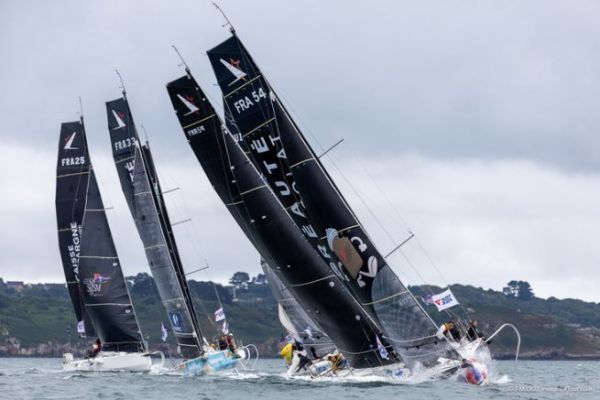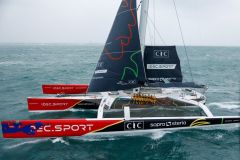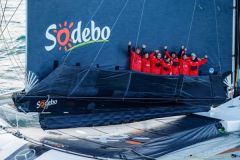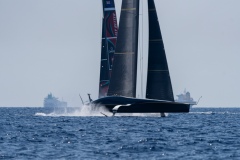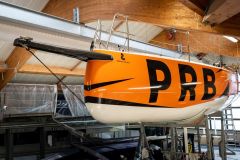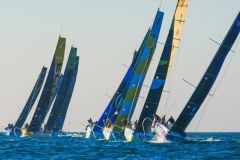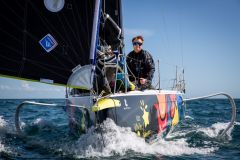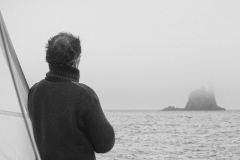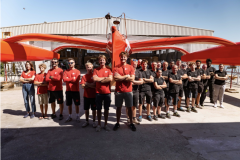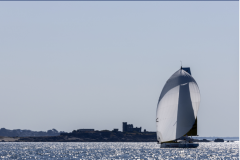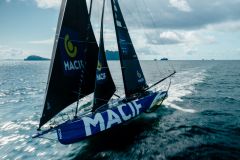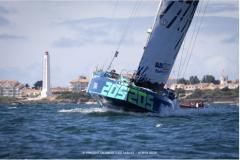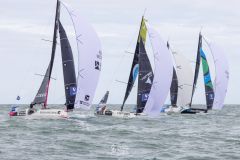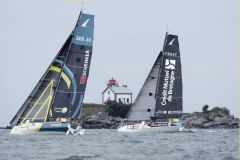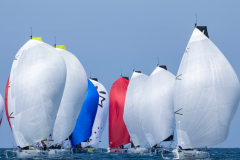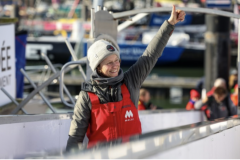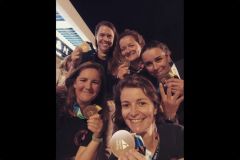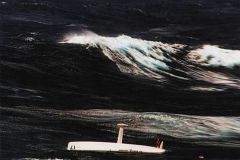The Tour Voile 2024 promises to be a great competition, but one that will remain in the English Channel and North Sea. With a course stretching from Dunkirk to Saint-Cast Le Guildo, the Figaro Beneteau 3 crews will face a variety of challenges. Race director Yann Eliès has designed a demanding course for this 45th edition.
Dunkerque entrance
Navigating the waters of the North Sea and English Channel is an arduous task, testing even the most seasoned sailors. Unlike the rocky coastline of Brittany, the region's shifting sandbanks are formidable traps. Strong currents add a crucial dimension, as does dense maritime traffic.
Jules Delpech, aboard La Réunion, enthuses: " The Tour Voile offers us an extraordinary opportunity to discover Northern France and Belgium. It's a real change from our usual circuits. These complex zones will make the competition even more interesting. "
The link between the town of Dunkirk and the Tour Voile is a very special one. For Albane Dubois, skipper of Mars'elles Sailing Team, being able to take the start in her hometown is a childhood dream about to come true. " It's a special feeling to set off from home. In 2021, just before leaving for the Olympic Games in Japan, I came to say hello to my friends at the start of the Tour Voile. It's a mythical stage." Yann Eliès adds: " It's a welcoming place. Its docks are really nice, because Dunkirk is an old cod-fishing port. There's also a great sailing tradition there. "
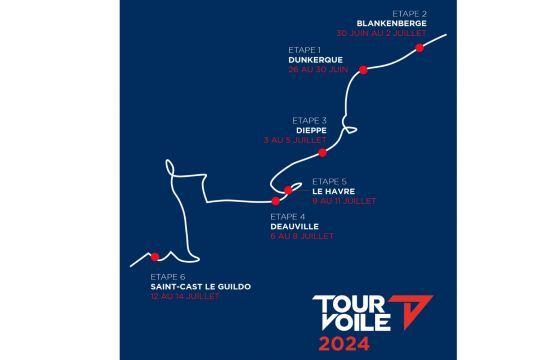
Belgium in the spotlight
The first leg, starting on June 29, will take the sailors to Blankenberge, a seaside resort with a beach stretching for almost 3 kilometers. They will then sail along this flat country, before starting the first 24-hour offshore race on July 2, taking them to Dieppe.
" Competitors will have to get around a vast forbidden zone, which will force them to cross the English Channel and venture into offshore maritime traffic. We're in a bottleneck with some of the world's biggest traffic at this point" confided Yann Eliès. "We'll keep them in the north of France, so they'll pass through Dunkirk, Calais... before arriving in Normandy. "
Crews will tack along this chalky coastline to reach Dieppe. " A nice coastline. But in windy weather, the sea is not easy, as the waves are very short", stresses the race director. Between each rallying event, coastal courses will be added to the competition. " I come from the open sea, so I'm really offshore." says Estelle Greck, aboard Auray Quiberon by Orlabay, "I got involved in this project because I need to make progress on inshore courses. "
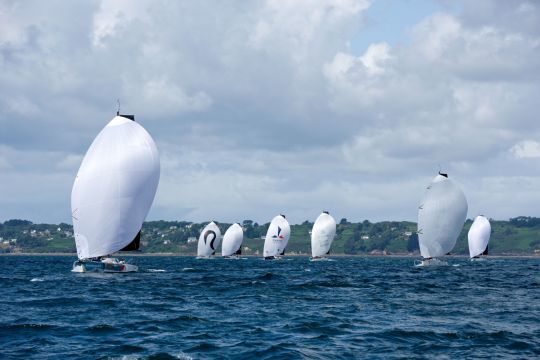
24-hour rally stages
At each stopover, the competitors will embark on a 24-hour sail. They will leave the "city of four ports" on July 5 for Deauville and its tidal harbor; the occasion for the Tour Voile to salute the passing of the flame in front of the starting line.
" Depending on the weather conditions, we'll try to get them across the Channel to the Isle of Wight," explains Yann Eliès. And if that's not possible, we'll try during the leg between Deauville and Le Havre. "
Le Havre, a city dear to sailors and now a UNESCO World Heritage Site, will welcome the Tour caravan from July 9 to 11, after Deauville, before it heads for Saint-Cast Le Guildo. But before they reach the final podium, the young sailors will have to tackle the passages of the Raz de Barfleur and the Raz Blanchard, which are among the places with the strongest currents, forcing them to sail close to the rocks. " We know a bit about these places, so they're technically very interesting; and if you manage to get through at the right moment in the tide, you can get a considerable head start. On the other hand, poor management can also cost you dearly "says Estelle Greck.
This last leg is emblematic and characteristic of the Tour Voile, according to the race director. " That's how I knew him in the 2000s. It'll be coastline, pebbles, current, melodrama and suspense "he jokes. " And Saint-Cast Le Guildo also means sailing to Cap Fréhel, the legendary starting point for the Route du Rhum-Destination Guadeloupe. "
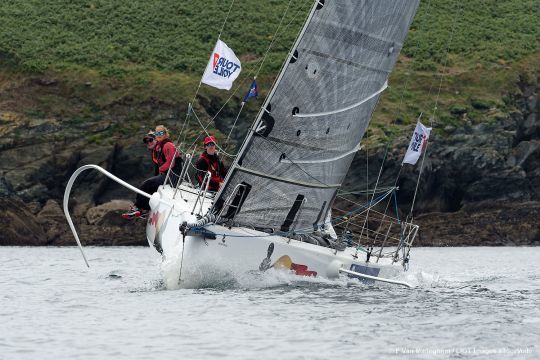
A competition rooted in the future
Once again this season, racers will be faced with a wide variety of sailing situations and race formats. Good moves and mistakes alike will have a direct impact on the rankings. A competition still rooted in intergenerational transmission and preparation for the future. " I am convinced that those who win the Tour Voile will be the great sailors of tomorrow "says a delighted Yann Eliès. " They're the ones we'll be seeing at the start of the next Route du Rhum or Vendée Globe. "

 /
/ 